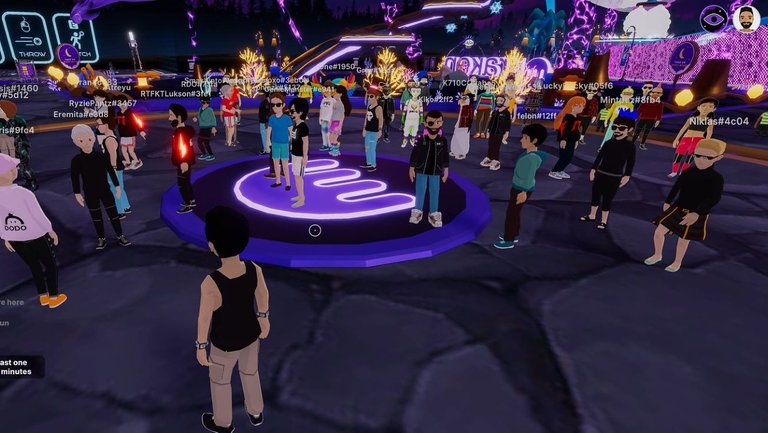
The concept of a metaverse, often referred to as a virtual world, has been a popular topic in science fiction and technology circles for decades. The idea is that individuals can enter and interact with a shared digital space, much like the real world, but with the added benefits of being able to customize and control their environment and experiences.
Recently, there has been a surge of interest in the concept of a metaverse, with many companies and organizations claiming to be working on building one. However, not all of these initiatives can be accurately described as metaverse projects. In order to qualify as a true metaverse initiative, the virtual world must be decentralized and built on top of a blockchain.
A decentralized metaverse is one that is not owned or controlled by any single entity, but rather is maintained and governed by a network of users. This decentralization is essential for creating a truly immersive and equitable virtual world, where users are free to explore and create without fear of censorship or interference from outside forces.

The use of a blockchain to power a metaverse is also crucial. A blockchain is a distributed ledger that allows for secure, transparent, and tamper-proof record keeping. This is essential for maintaining the integrity of the virtual world and ensuring that users can trust in the authenticity of their experiences.
There are many initiatives out there that claim to be building a metaverse, but do not meet these criteria. Some of these projects are centralized, meaning that they are owned and controlled by a single entity, and may not offer the same level of freedom and autonomy to users. Others do not use a blockchain and instead rely on traditional centralized databases, which are vulnerable to tampering and lack the transparency and security of a blockchain.
It is important to distinguish between true metaverse initiatives and those that do not meet these criteria. While there may be some overlap in the features and experiences offered by these projects, they are fundamentally different in their underlying structure and governance.
A true metaverse built on a decentralized blockchain will offer users a level of freedom and autonomy that is not possible with a centralized virtual world. It will also provide a level of security and trust that is essential for building a truly immersive and meaningful virtual experience.
So, to answer the question, a project cannot be considered a metaverse initiative if it does not span the blockchain and is not decentralized. While there may be some similarities in the experiences and features offered by these projects, they are fundamentally different in their underlying structure and governance. Only a true metaverse, built on a decentralized blockchain and spanning the entire virtual world, can offer users the freedom, autonomy, and trust that are essential for a truly immersive and meaningful virtual experience.
